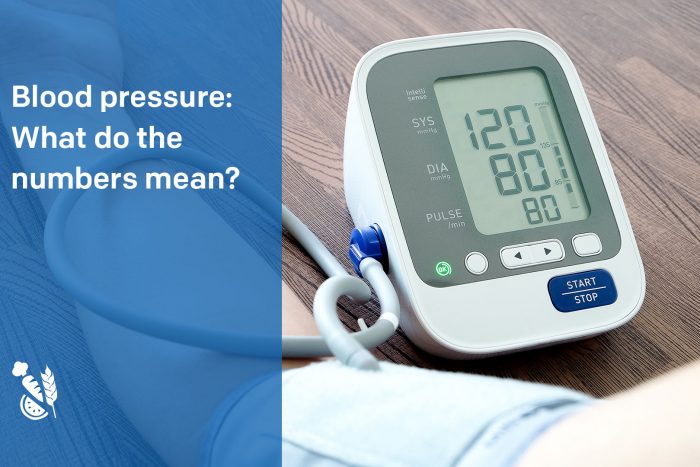For all men and especially those who are on hormone therapy for prostate cancer…
Blood pressure is the pressure or force of your blood against the walls of your blood vessels as it circulates. Blood pressure is most commonly measured in the brachial artery of your arm and it is expressed as two numbers. Systolic blood pressure (the top or higher number) is the pressure in the artery when your heart contracts and diastolic blood pressure (the bottom or lower number) is the pressure in the artery when your heart relaxes between beats.
Blood pressure normally changes throughout the day, but when either systolic or diastolic pressure stays constantly high it is called high blood pressure (hypertension).
So, how’s your blood pressure?
This is an important question, especially since we know that hormone therapy in men with prostate cancer can cause their blood pressure to go up. So in connection with the patients who receive this treatment:
- We refer to optimal blood pressure if your systolic blood pressure is below 120 mmHg and your diastolic blood pressure is below 80 mmHg.
- Normal blood pressure is systolic blood pressure less than 130 mmHg and diastolic blood pressure less than 85 mmHg.
- Normal-high blood pressure is defined as systolic blood pressure 130-139 mmHg and/or diastolic blood pressure 85-89 mmHg.
- High blood pressure is systolic blood pressure at or above 140 mmHg or diastolic blood pressure at or above 90 mmHg. Individuals with high blood pressure have hypertension. When measured at home, blood pressure above 135 mmHg systolic or 85 mmHg diastolic pressure is considered high.
- Hypertension for individuals with diabetes or chronic kidney disease is defined as blood pressure over 130 mmHg systolic or over 80 mmHg diastolic.
- Your blood pressure category is established based on the higher category of your systolic or diastolic blood pressure.
Why is it so important to know your blood pressure numbers?
Because most people with high blood pressure have no symptoms. According to the Heart and Stroke Foundation of Canada, elevated blood pressure, also known as hypertension, is the number one correctable risk factor for stroke and a major risk factor for heart disease. What’s more, hypertension is on the rise in Canadians 18-35 years of age, due in part to rising rates of obesity in children and teens.
Big health benefits are the pay-off for reducing high blood pressure. According to the Canadian Hypertension Society, lowering high blood pressure can reduce:
- Heart attacks by 25%
- Stroke by 40%
- Heart failure by 50%
Lifestyle choices to keep your blood pressure healthy
If you have high blood pressure, try to adopt a healthy lifestyle by rectifying your diet, lowering your salt intake, and exercising. We know it’s easier to said than done! That’s why we recommend you start a step at a time.
Take the time to visit each of our pages on this website, as well as our YouTube channel, in order to get familiar with the disease with our expert lectures, our section on available resources, the support that is offered to you.
Do you have any questions or concerns? Above all, do not hesitate. Contact us at 1 855 899-2873 to discuss with a nurse specializing in uro-oncology. It’s simple and free, like all our services.
Pages of our site that might interest you
Want to know more? Just click on the link below
Helpful Resources
The latest PROCURE news that might interest you
Every week we publish a blog article. Here’s some we chose for you
The 10 most anti-stress foods
One, two, three… Go!
Top 5 health risks for men
Sources and references
Do you know what your blood pressure is? You should! Public Health Services Canada
Written by PROCURE. © All rights reserved – 2019



 ADDITIONAL RESOURCES
ADDITIONAL RESOURCES

